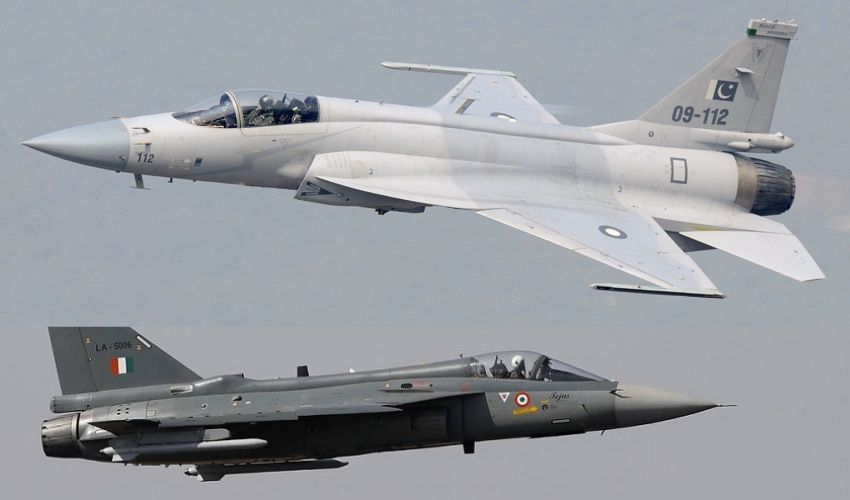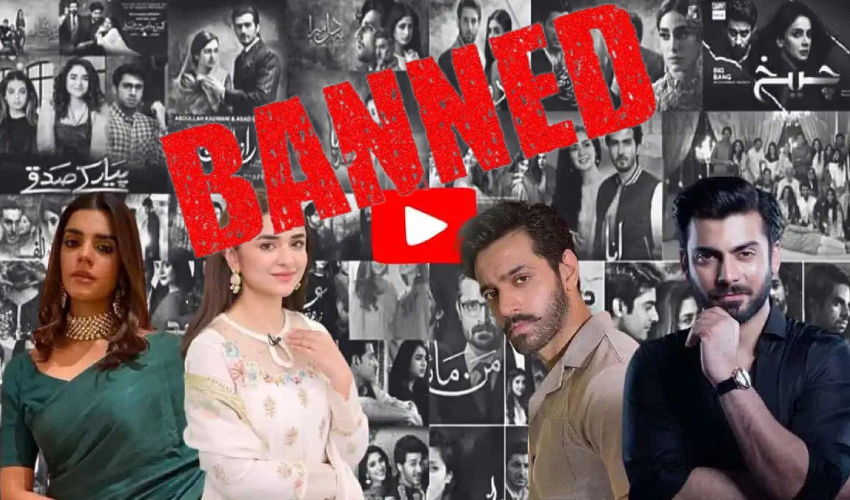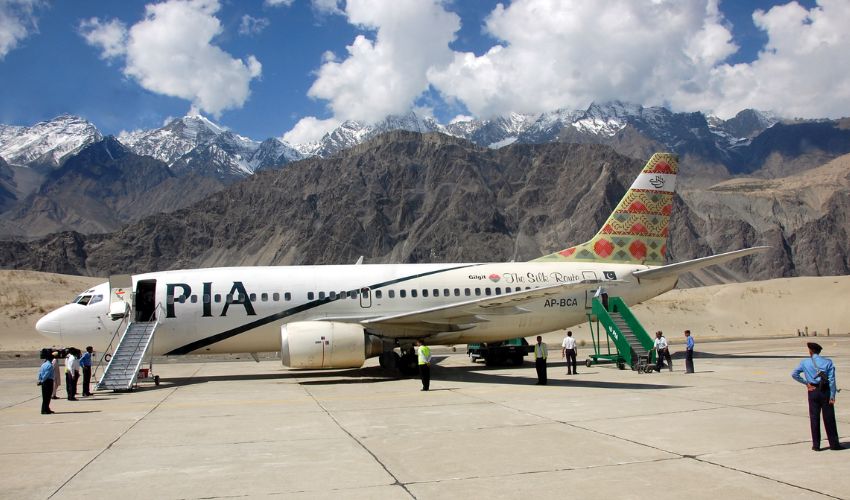Former chief of India's premier intelligence agency, the Research and Analysis Wing (RAW), Amarjit Singh Dulat, has stated that the recent Pahalgam attack was a clear failure of Indian security agencies and intelligence, but dismissed the possibility of a full-scale war between India and Pakistan.
In an interview with BBC Hindi, Dulat emphasized the importance of measured responses and diplomatic channels, warning that "war is the last and worst option" -- especially between two nuclear-armed neighbours.
“If a Balakot-style surgical strike is necessary, it should be done. But talks are ultimately the way forward,” he said.
Dulat’s comments came amid escalating tensions between India and Pakistan following an attack in Pahalgam that killed 26 tourists. Indian Prime Minister Narendra Modi vowed severe retribution, stating that the perpetrators and their supporters would be "hunted down to the ends of the earth" and punished beyond imagination. He also granted the Indian armed forces "complete operational freedom" to decide the timing and nature of the response.
However, the former RAW chief urged restraint, highlighting the grave dangers of nuclear escalation. “Talks never end. Someone, somewhere is always in conversation. If not directly, countries like Saudi Arabia, Iran, or the UAE may facilitate back-channel diplomacy,” he explained.
Pakistan denies involvement, calls for independent probe
On the other side, Pakistani officials, including Prime Minister Shehbaz Sharif, army chief General Asim Munir, Deputy PM Ishaq Dar, and military spokesperson Lt Gen Ahmed Sharif Chaudhry, have reiterated Pakistan’s commitment to peace while warning that any Indian military action would be met with a "befitting response."
Pakistan has called for an impartial international investigation into the Pahalgam attack. China has supported this demand, adding an international dimension to the ongoing diplomatic crisis.
RAW chief: ‘Kashmiris not to blame’
Dulat admitted that the Pahalgam incident revealed serious lapses in security. “There was no security in the area—it was clearly a failure of security agencies. In Kashmir, intelligence can only come from Kashmiris. Keeping them on your side is crucial,” he said.
He refuted the notion that Kashmiris were to blame for the attack. “Some local involvement is possible, but the real interference comes from across the border,” he alleged. At the same time, he warned against the rising trend of violence against Kashmiri citizens in other parts of India after the attack. “Kashmir is not a Hindu-Muslim issue. That narrative is dangerous and must be rejected.”
Terror group initially took responsibility, then denied
When asked about Pakistan’s alleged role in the attack, Dulat pointed out that the militant group, The Resistance Front, initially claimed responsibility through a statement circulating on Indian social media, but later retracted. Indian authorities have not officially named a culprit, but media narratives have largely blamed Pakistan.
Dulat acknowledged that while presenting concrete evidence to the international community would bolster India's position, diplomacy remains essential. “Yes, it would help if such proof is shared internationally,” he said.
Diplomatic fallout and measures taken
Following the attack, India indirectly blamed Pakistan and implemented several retaliatory measures, including the suspension of parts of the Indus Waters Treaty, visa cancellations, and the expulsion of Pakistani diplomats. Pakistan, in turn, rejected the allegations and branded the incident a "false flag operation," while also initiating countermeasures.
Dulat endorsed India's diplomatic response, calling the steps “appropriate” under the current circumstances.


























